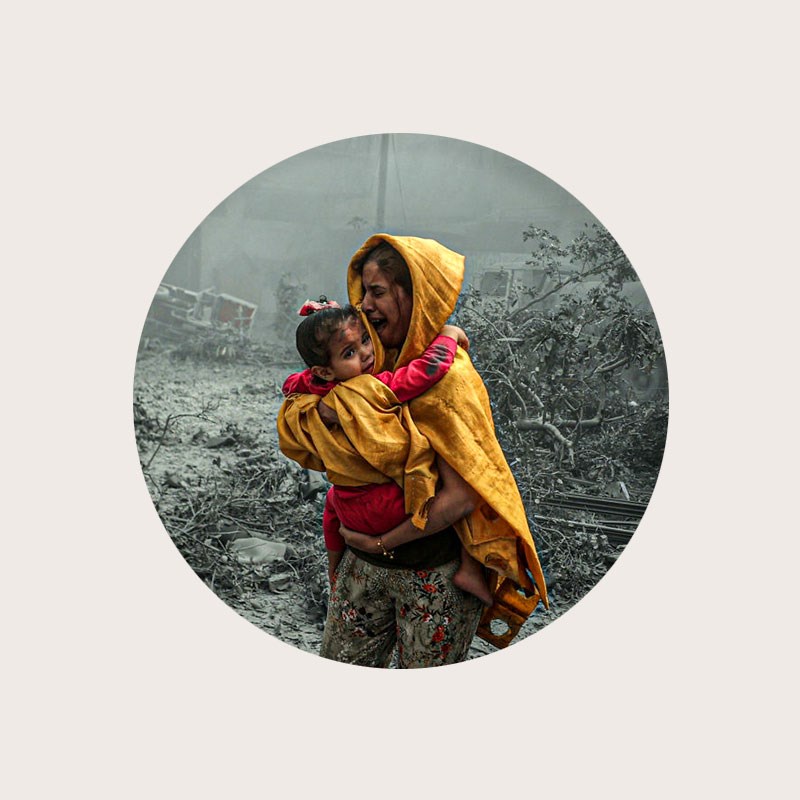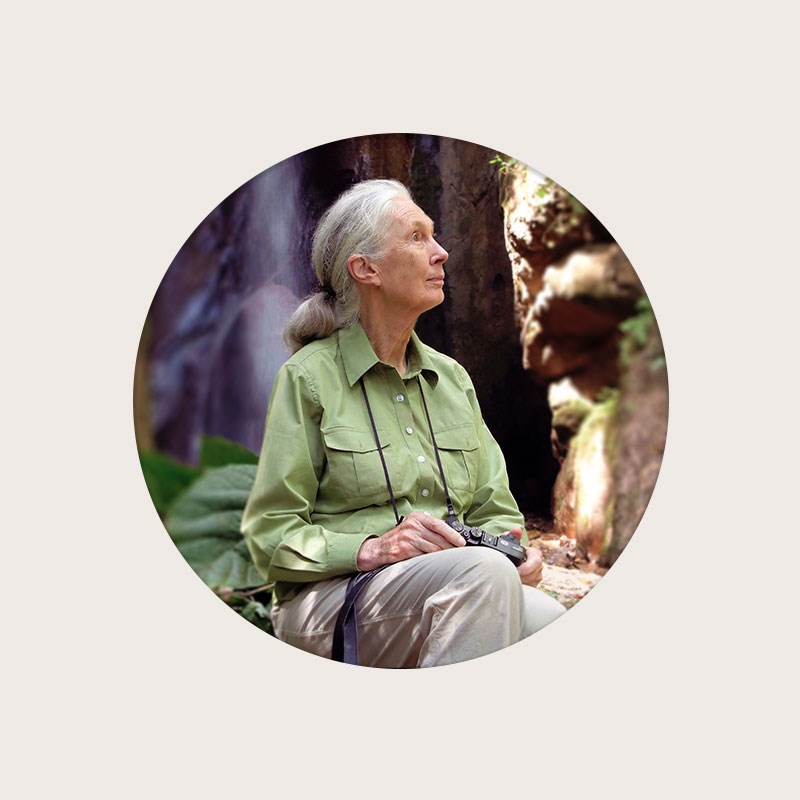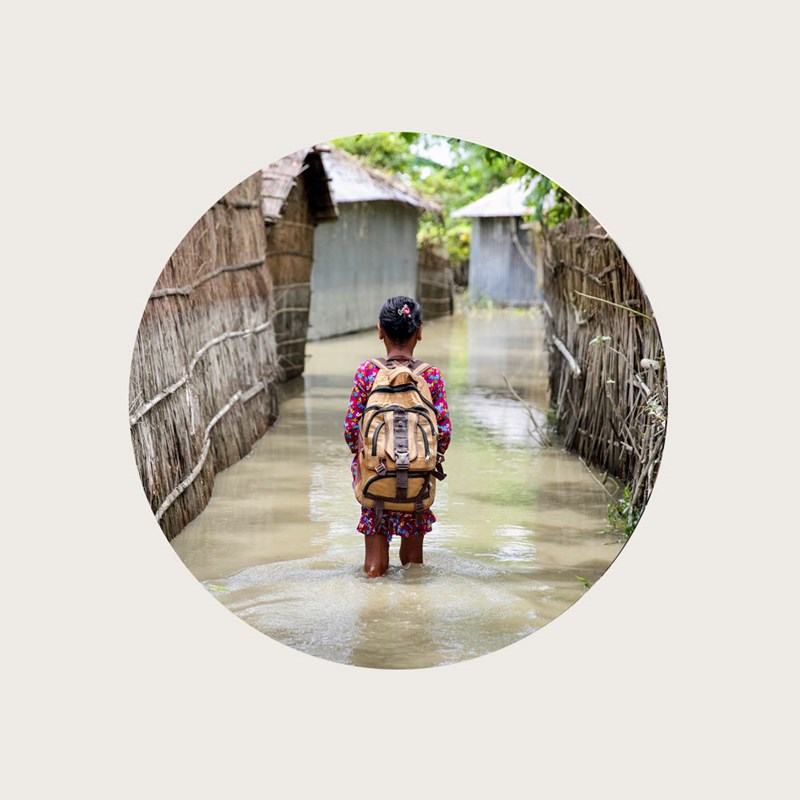Close to 800 million people were classed as food insecure in 2022 due to a mix of conflict, cost of living, Covid-19, and climate change, according to the UN's Food and Agriculture Organisation (FAO).
As needs rise and budgets shrink, aid agencies are unable to keep up with demand and shrinking budgets are leading to ration cuts resulting in yet more hunger, malnutrition, poverty, and insecurity.
In this episode of The Impact Room, recorded ahead of the UAE hosting COP28, we shine a spotlight on the global food crisis, looking at the ways climate change has exacerbated hunger, and examine the role for philanthropy to support systemic-level solutions.
Catherine Bertini, who served as executive director of the UN’s World Food Programme (WFP) for 10 years, shares shocking statistics about the grim scale of the global hunger problem and what it means for individuals and communities.
“The combination of increased numbers of many people who continue to live in long term war or civil strife situations and the lack of assistance make this a very dire year indeed,” she tells our host, Maysa Jalbout.
But Bertini, who was named the 2003 World Food Prize Laureate, and is now working with the Rockefeller Foundation on a food-focused initiative, is hopeful that COP28 will lead to new action around the links between agriculture and climate.
“Last year was the first time that a COP acknowledged that agriculture should be discussed and considered in the context of climate change, and this year the UAE is putting that front and centre… so I am hopeful there will be permanent acknowledgement that agriculture and the environment and climate are intricately and forever connected.”
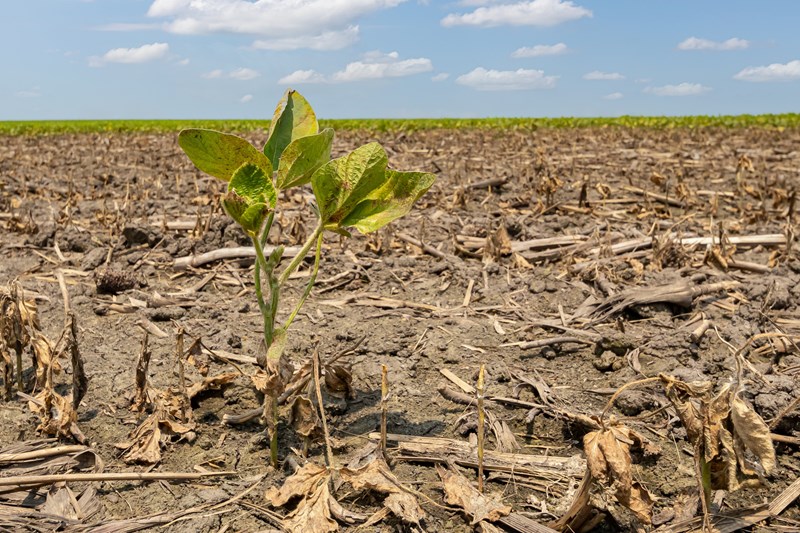
Dr Alok Ranjan, director of programmes and investments at the Power of Nutrition, a philanthropy and government-backed funding collaborative targeting malnutrition, meanwhile, outlined how well – or otherwise - children eat in their first 1,000 days can determine their future life trajectory.
“Almost 80 to 90 percent of brain development happens during the first thousand days of life, that’s the golden window of opportunity that we have,” he explains. “Good nutrition has a major impact on not just health but also education outcomes… one of my favourite quotes is ‘two is equal to 17’ because making impact on this SDG2 would have an impact on all the 17 SDGs,” he tells Maysa.
Finally, Dr Guyo Roba, the director of the Jameel Observatory for Food Security Early Action in Kenya, (JOFSEA), a philanthropy-backed initiative using data to mitigate climate talks and agricultural systems, meanwhile, called for ‘better action for the future of food”.
“We need to invest in early warning preparedness and response much better,” he says. “We need to also align our financing because the biggest missing thing is that early warning is there, prediction is very clear, timely, but then there's no financing to support people at the first shock.”
About the host
Maysa Jalbout is a leader in international development and philanthropy. Her previous roles include founding CEO of the Abdulla Al Ghurair Foundation for Education, a $1bn philanthropic initiative based in Dubai, and founding CEO of the Queen Rania Foundation. Maysa is a visiting scholar at MIT and ASU, and a non-resident Fellow at the Brookings Institution. Find her on Twitter @MaysaJalbout.

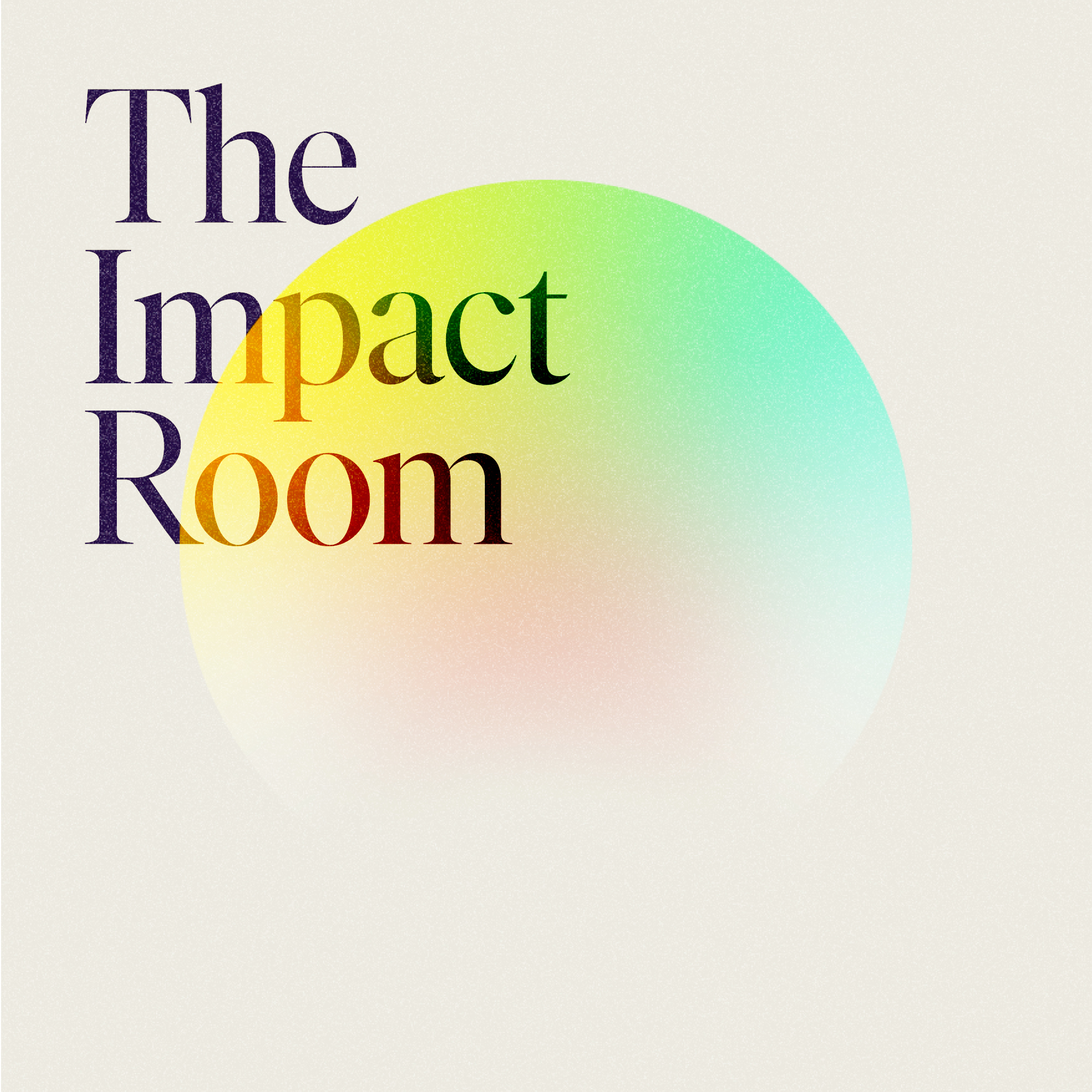
 Apple
Apple Spotify
Spotify Google
Google